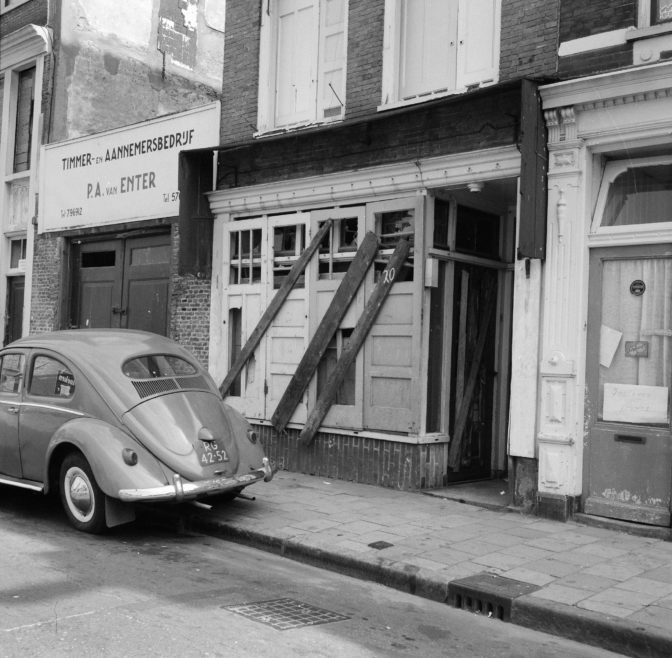Civil registration records are generally reliable. They are created on the day itself or a few days afterward. But not all information in the record is of the same quality.
In my experience, the information about the parents in a death record is the least reliable of all the information you can find in civil registration records. The informant is usually a neighbor, not a family member, who probably never knew the parents of the deceased. They may have misheard, or misremembered. They may have assumed the father’s name based on the name of the eldest son, or may not have known about an earlier wife of the father who was the mother of the deceased.
Taking such information as fact can lead to brick walls, if you can’t find the parents in other records.
When analyzing a record, always make sure to check who the informant was, and if it is possible that he or she made an error. Records with errors in them make a poor foundation upon which to build your further research.

Structurally unsound. Credits: F.N. Broers, collection Nationaal Archief (public domain)


You are right about that. Also, in 18th century marriage records in the city of Dordrecht, often a parent is mentioned as a widness. Several times it stated something like “his mother Jane Doe”, while the woman was the stepmother, a later wife of the father.
Even if a family member provided the information, it may be missing or wrong. In the case of one of my great grandfathers, a daughter supplied the information on a death record–her name appears as the informant. I know from my mother and other census information that this great grandfather lived with this particular daughter, who was a nurse, and his caregiver, for the last 15 years or so of his life. I would have assumed she knew the names of his parents, but the death record shows no names. This is about 1920.
I found that same problem in my Scottish family. They very reliably used the traditional naming system, so when he registered his widowed father’s death in 1889, a younger son assumed his father’s patents had the ssme names as the oldeat son and second oldest daughter. Not so in this case, and that confused me for a long time. (The second daughter in that family was actually named for the mother’s sister who had died young… and for the mother’s grandmother.)